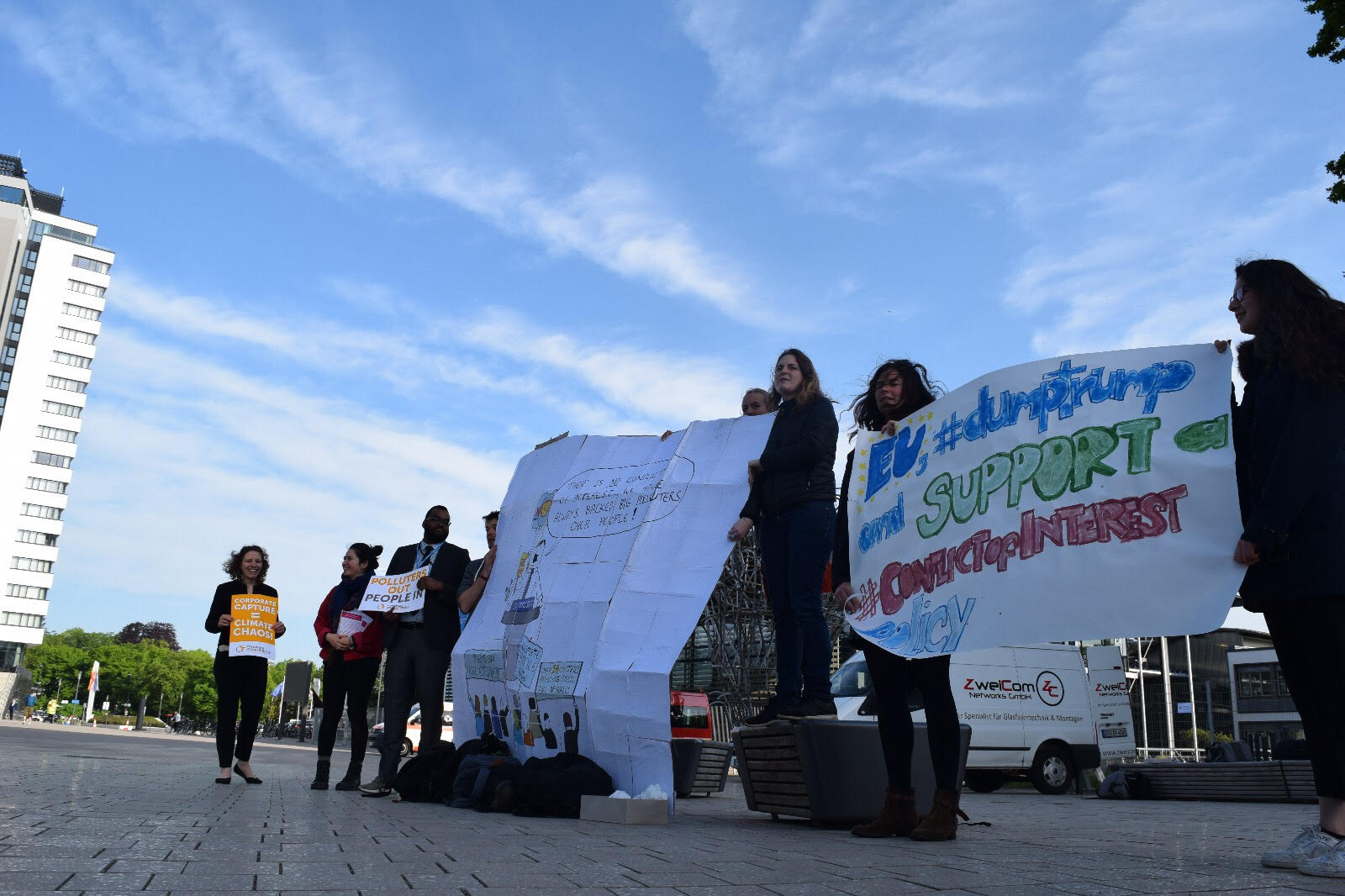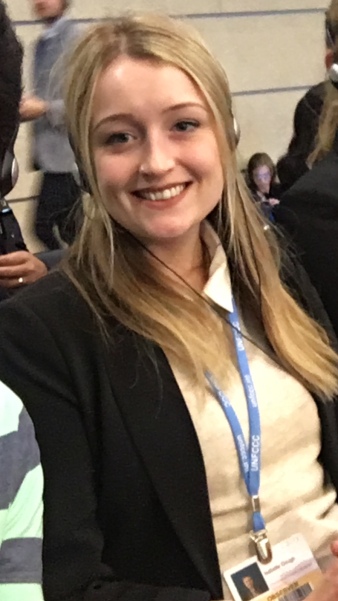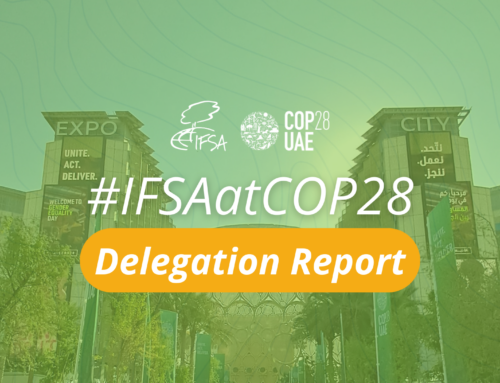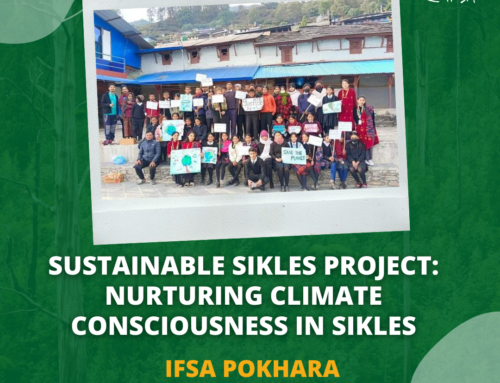‘Actors who are trying to burn down the table should not sit around it’ – Corporate Accountability International
A controversial buzz is ringing throughout the SB48 negotiations. Non-Party stakeholders are getting more and more influence and are able to openly express their views and stories, particularly through the Talanoa Dialogue movement. Talanoa Dialogue was first introduced in COP23, a concept of inclusive, participatory and transparent exchange to make wise decisions for the common good. Participation of non-party stakeholders is an essential part of the negotiations, facilitating the rights of interests groups to be written into the policy that will shape their future. This inclusive dialogue extends the conversation of climate change to those that are most affected by it, such as indigenous people, Small Island Developing States (SIDS), youth, and farmers – to name but a few. But with more and more non-party stakeholders joining the conversation on climate change policy, what about those whose interests may not be aligned with the Paris Convention?
During SB48, we have witnessed action from youth pressure group UKYCC and ‘Conflict of Interest Working Group’ of the constituency of YOUNGO, trying to bring attention to the issue of parties with vested financial issues joining the climate negotiation table. This comes in conjunction with a press conference from Corporate Accountability International, who are lobbying for transparency of conflict of interests in climate negotiations.
 Historically, policy enforcing transparency of interest groups, or even a definition of ‘conflicts of interest’ in the Paris agreement has not passed, and some conversations of this issue have been gavelled through during sessions. So who is in favour of getting this item on the agenda? During an AIM session we attended, many Global South countries such as Ecuador, Cuba, and the African Group took the floor to express concerns over vested interests in the shaping of climate policy. China also took a stance, acknowledging the interventions made by YOUNGO and Climate Justice Now (DCJ/CJN) and also the action made by the Conflict of Interest Working Group of YOUNGO, and calling for further dialogue on the issue. There has also been precedent of the motion in the EU Parliament, with a majority in favour of having conflict of interest on the agenda, however the motion was non-binding and ignored by the Commission.
The story is continuing to unfold during SB48 and the outcome is still unknown, however, it is clear that this an issue of growing concern to many, and their voices are being heard.
IFSA is a non-political organisation and does not take a stance on any political or religious issue. Any views expressed are the views of the individual who is writing.
Historically, policy enforcing transparency of interest groups, or even a definition of ‘conflicts of interest’ in the Paris agreement has not passed, and some conversations of this issue have been gavelled through during sessions. So who is in favour of getting this item on the agenda? During an AIM session we attended, many Global South countries such as Ecuador, Cuba, and the African Group took the floor to express concerns over vested interests in the shaping of climate policy. China also took a stance, acknowledging the interventions made by YOUNGO and Climate Justice Now (DCJ/CJN) and also the action made by the Conflict of Interest Working Group of YOUNGO, and calling for further dialogue on the issue. There has also been precedent of the motion in the EU Parliament, with a majority in favour of having conflict of interest on the agenda, however the motion was non-binding and ignored by the Commission.
The story is continuing to unfold during SB48 and the outcome is still unknown, however, it is clear that this an issue of growing concern to many, and their voices are being heard.
IFSA is a non-political organisation and does not take a stance on any political or religious issue. Any views expressed are the views of the individual who is writing.
 Isabelle Gough is an Environmental Science Student at University of Copenhagen. Her main interests involve Biodiversity, Soil Ecology, and Boreal forests.]]>
Isabelle Gough is an Environmental Science Student at University of Copenhagen. Her main interests involve Biodiversity, Soil Ecology, and Boreal forests.]]>




